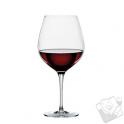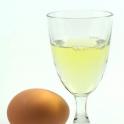If you’re not so into salmon as a source of fatty fish, another alternative you may want to try is Mackerel. This fish is also very rich in essential fatty acids and will help to provide your body with the nutrients that it requires.
Let’s have a closer look at the nutritional information of mackerel.
Major Nutrients Found In Mackerel
Along with being a very good source of protein, mackerel is also going to provide a good dose of healthy fats as well as Niacin, Phosphorus, Vitamin B12, and Selenium. Mackerel is also very low in sodium as well, so that’s another nice thing about including this within your diet plan.
Storing/Selecting
When selecting mackerel, try and get the freshest fish available. Buying from a place you know has a good reputation for its seafood will be a wise decision because fish can easily go bad and create problems if not safe to eat.
Store the mackerel in the fridge as soon as you get home or place it in the freezer for later instead.
Eat It With:
Mackerel can be eaten in any of the other ways that you’d eat your other varieties of fish – grilled, steamed, baked, or even barbequed if you prefer. Serve it with a wholesome carbohydrate source and some steamed or grilled vegetables and you’ll have a very healthy meal.
Burn Off Calories In Mackerel
To burn off the number of calories in a serving of mackerel you would have to do:
- 46 minutes of brisk walking
- 22 minutes of swimming
- 35 minutes of cycling





















